Protein – all you need to know about diet and supplementation as a physically active person
- /
- Foods
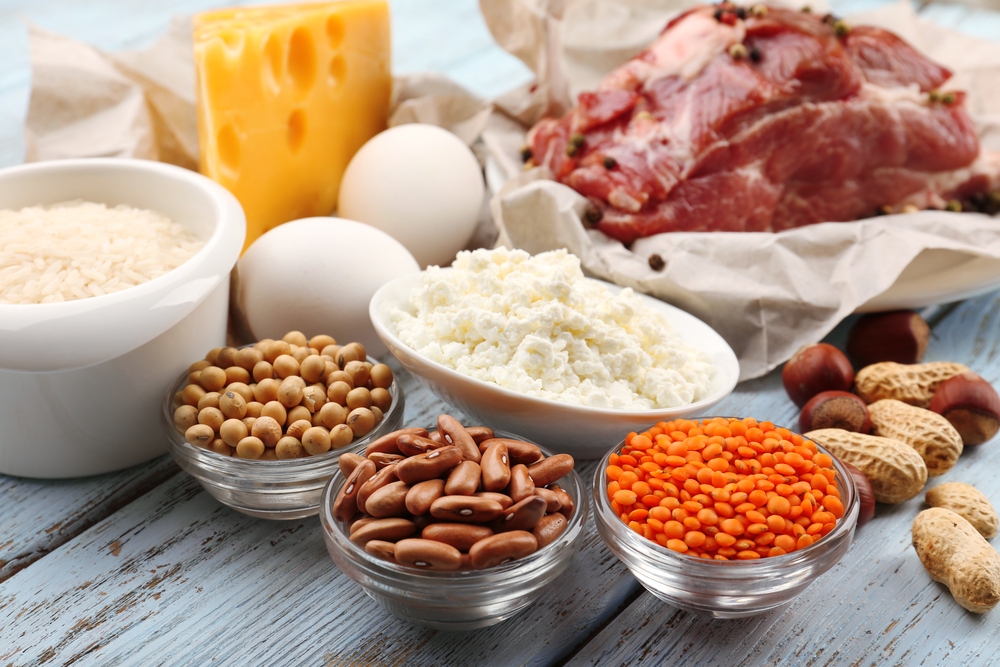
Protein, beside carbohydrates and fats, is one of the most important macronutrients in our diet. Through healthy eating, every day we ought to supply our organism with consistent dose of it, which is unfortunately unable to store and save for backup needs. The matter complicates more if we maintain an active lifestyle – in that case the need for protein increases severalfold. Enormous food portions pose a high strain on metabolism, because they can be hard to digest and promote unpleasant flatulence. That is why, including this kind of supplements is key in case of athletes, body-builders or even physically active amateurs making effort to maintain a healthy silhouette. These supplements are a great source of protein, which people easy absorb, in a concentrated dose, which allows to expand and maintain fatless muscle mass.

Protein – table of contents:
- Protein – one of the main diet components
- Concept of a protein
- Protein functions in human organism
- How much protein is required by an athlete or an organism of a physically active person?
- Protein sources in a diet can be divided into 2 groups
- What are the protein sources in a diet?
- Protein supplements as an additional source of protein in a diet
- Types of protein supplements
- Benefits of including protein supplements into the diet, during intensive training
- Are there any disadvantages and adverse effects of using protein supplements?
- Does a protein diet require dieting?
- Is it worth to use protein supplements and include them in an everyday diet?
Protein – one of the main diet components
Directly speaking, it is a building block, which human body mainly consists of. It is safe to say, these protein building blocks, assembled tightly creating structure of skin, muscles, connective tissue (though collagen and elastin), all of the internal organs, blood vessels and even hair and nails. These molecules also actively take part in a plethora of vital internal processes in the organism: metabolic, immunologic, transport, hormonal, building and regeneration. So, to maintain good condition and fitness of the whole body it is necessary to supply a protein dose every single day. Due to the high physical activity the requirement for a natural source of it, a regular diet can be not sufficient. Because of that, athletes, fitness lovers and body-builders use protein supplements.
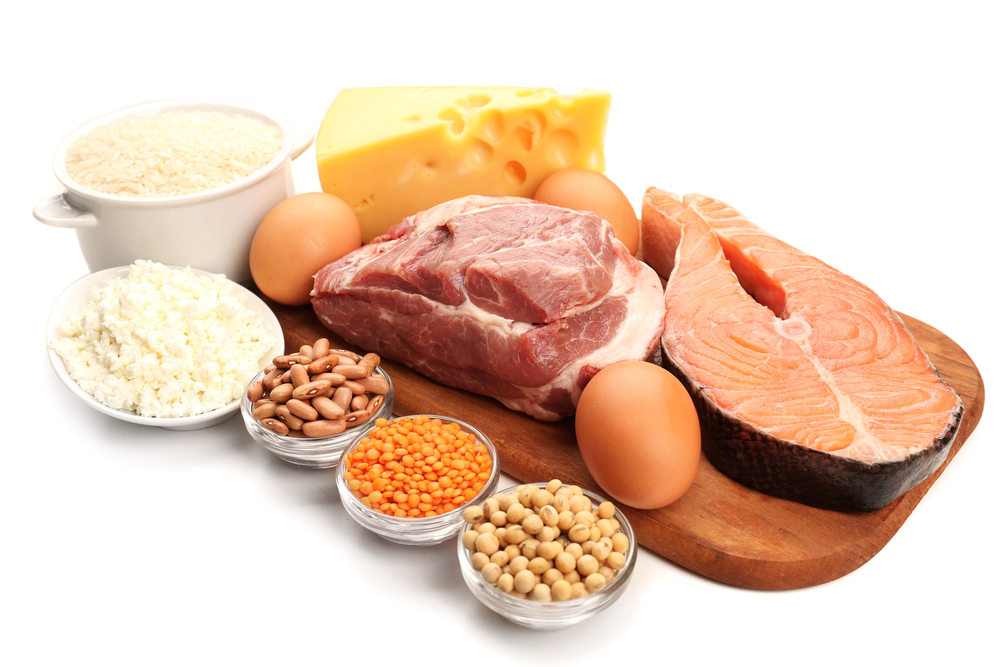
The concept of protein
They (to put it simply) are amino acid chains. Their function is varying their structure and amino acid sequence, connected to peptide bonds.
Protein functions in human organism
Saying that “protein builds mass” is very sketchy and unprecise, because this macronutrient in every human’s diet performs much more important functions. It is responsible, among others, for efficient tissue regeneration, for example after training, it takes part in transport of nutrients, enzymes, hormones and antibodies. It supports, acts in and regulates cellular processes in the whole organism and supplies energy for continuous functioning.

How much protein is required by an athlete or an organism of a physically active person?
The norm for a healthy person, leading common lifestyle – without excessive physical activity – is about 0,9 g daily for every kilogram of body weight. Yet, this amount in case of growing children, maturing teens or pregnant women goes up.
In case of athletes, body-builders or physically active people it is as high as 2 g of protein per 1 kg of body weight. So, a person weighing 75 kg should supply about 150 g of it daily (75×2=150).
You have to remember that 2 g/1 kg is the upper maximum, so you should not cross it. It is due to that, the metabolism is not able to process higher amount of protein. The excess of it in diet can cause indigestion and flatulence. However, in few weeks of constant protein excess can lead to kidney and liver problems.
Protein sources in diet can be divided into 2 groups
The most nutritious – that is, of animal origin. They are the best choice because they contain all the essential exogenous amino acids – needed for the proper functioning of the body. This is extremely important due to the fact that the human body cannot produce these essential amino acids on its own. Additionally, it is worth mentioning that animal protein is a natural source of creatine. It is very important in the diet of athletes because it increases the strength and endurance of muscles and stimulates their growth.
Less nutritious – delivered to the body along with plant food. Why are they not as good as the animal ones? Because their composition lacks the full complex of important exogenous amino acids. In a vegetarian diet, you have to make effort to create a varied, well-balanced nutritional plan. Which can be difficult for someone unfamiliar with the broad subject of dietetics. Of course, vegetables and seeds are very important in a healthy eating plan and should be included. However, it would just be unpleasant to eat a few handfuls of fatty nuts or a full plate of beans at one sitting. Therefore, the best solution is to combine products from these two groups in the diet or appropriate supplementation in the form of protein supplements.
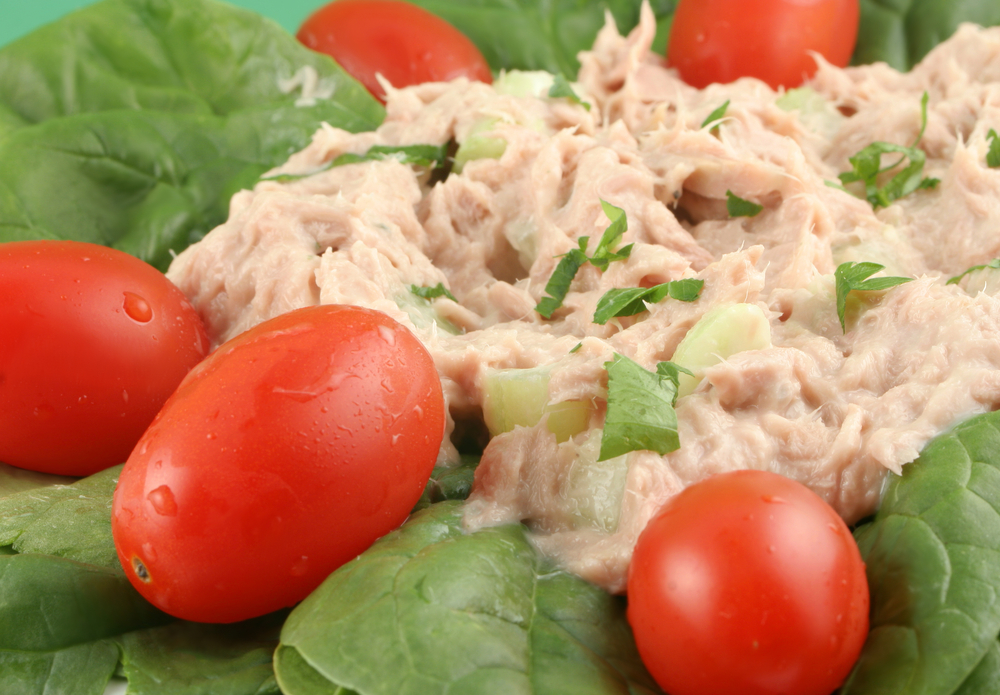
What are the protein sources in diet?
Good sources in the diet:
- Poultry – Chicken and Turkey.
- Beef meat
- Pork meat
- Eggs – Both egg whites and yolks are excellent sources of protein. Eggs also contain numerous vitamins, B6, B2, A, E, K, folic acid and minerals (iron, copper, zinc, selenium, magnesium, potassium, phosphorus, calcium) and Omega-3 acids.
- Fish – flounder, salmon, cod, herring, mackerel, sardine, halibut, rainbow trout.
- Seafood – such as prawns.
- Dairy products – cheese, cottage cheese, buttermilk.
- Soybeans – an exception among plant products, it provides a complete set of essential exogenous amino acids.
- Tofu – that is, soybean cottage cheese.
- Legumes – beans, soybeans, chickpeas, peas, lentils – are good sources of protein, but large amounts can be difficult to digest.
- Broccoli,
- Potatoes – contain a good profile of exogenous amino acids. That is why it is worth including them in your diet.
- Nuts – walnuts, hazelnuts, cashews, pistachios.
- Seeds – sunflower, hemp, pumpkin, chia, almonds.
- Quinoa – quinoa,
- Grain products,
- Oatmeal,
- Dried fruits – apricots or plums – are not a huge amount of protein, but as an addition to porridge or yogurt, they are perfect.
- Quorn – these are the so-called mycoproteins, or meat substitute, produced from mushrooms.
- An avocado.
Protein supplements as an additional source of protein in diet
These supplements are a source of easily digestible protein in the diet of athletes, bodybuilders and amateurs leading an active lifestyle. As a result of intensive training, the demand for increased energy resources increases. Therefore, they are a great solution because the body’s energy balance must be correct. If you don’t get the right amount of calories with food, your body will look for an easy and quick source of extra energy. As a result, instead of building muscle tissue, you will start to burn it – this is the so-called catabolic effect. In order to avoid this negative effect, additional protein supplementation in the diet is crucial during increased physical activity.

Types of protein supplements
The most popular on the market are whey proteins. Because they are easily absorbed, effective, easily available and at an attractive price. Among the types of supplements, it is worth mentioning:
- Whey Protein – Obtained from milk, it is valued for its rapid absorption.
- Casein protein – also made from milk, but you might say they are more concentrated and lactose free. They are resistant to stomach acids and are absorbed more slowly.
- Egg proteins – eggs are a model source of essential amino acids in the diet, hence their popularity, also in the powdered version. Their advantage is the slowly absorbed protein, so they are a good option to eat before going to bed.
- Vegetable proteins – dedicated to vegetarians and vegans, their source is, for example, beans, peas or soybeans.
- Mixed proteins – it is a combination of several from different sources, thanks to which they are not digested either too quickly or too slowly.
- Animal proteins – have a good amino acid profile and are well absorbed by the digestive system, for example, beef protein isolate.
The advantages of including protein supplements in your diet during intense training:
-
Promotes building of muscle tissue
Its consumption influences cellular processes and directly creates new muscle structures.

-
Strength
It participates in and supports metabolic processes. It contributes to the supply of energy to the entire body, not only to the muscles.
-
Regeneration
Continuous supplementation accelerates cell renewal. Most athletes cannot afford a 2-3 day break from training to rest and regenerate their muscles. That is why it is worth taking an additional dose of protein to help avoid, for example, an injury caused by overtraining.
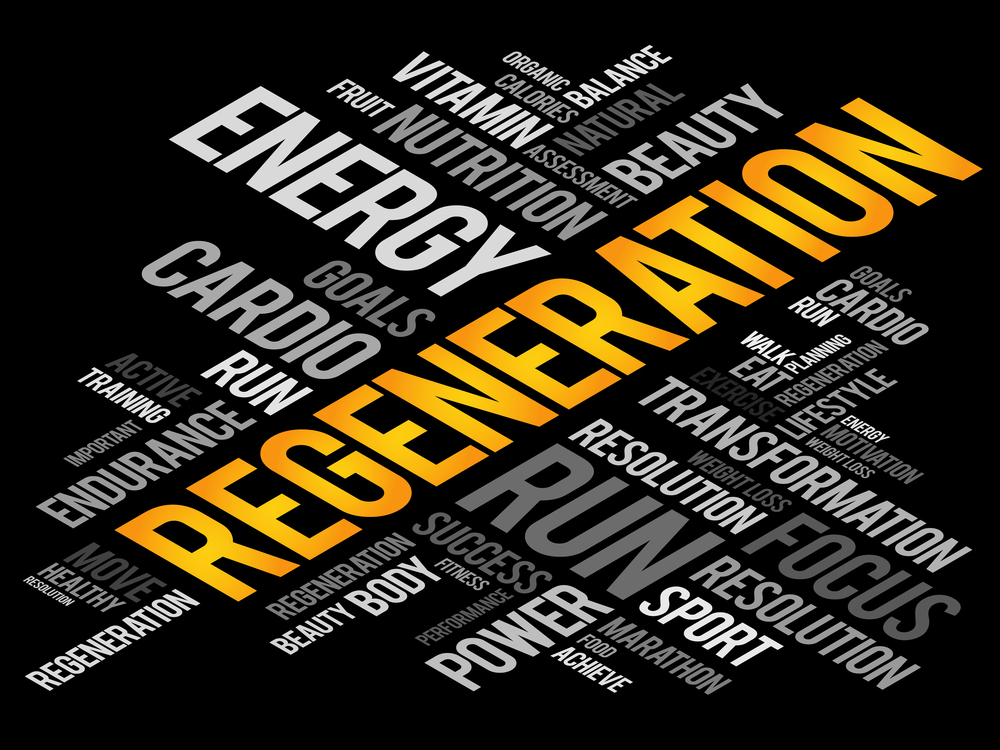
-
Easily digestible source of valuable energy
Compared, for example, to carbohydrates, which give only a temporary stimulus of stimulation through the injection of insulin into the blood, after which you can feel weariness, drowsiness and a great desire to reach for something sweet. Proteins, on the other hand, keep you full for longer and release energy more efficiently. Especially in the form of a shake that is quickly absorbed and provides a large dose of energy after exhausting training.
-
Intensive muscle nutrition
Protein is an essential component of the diet, needed for their proper work. Additional supplementation supports the functioning of the muscles, maintains good condition and protects against muscle damage.

-
Easy form
Preparing a protein drink is very quick and uncomplicated. At work, in the car, after training in the gym, all you need is a shaker and water to dissolve the protein supplement. Perfect, when you run out of energy to replenish your caloric reserves.
-
Pure composition
Classic hydrolysates are a simple source of protein, for example in the form of an isolated, powdered milk whey, without preservatives, artificial additives, flavors, sweeteners or dyes.
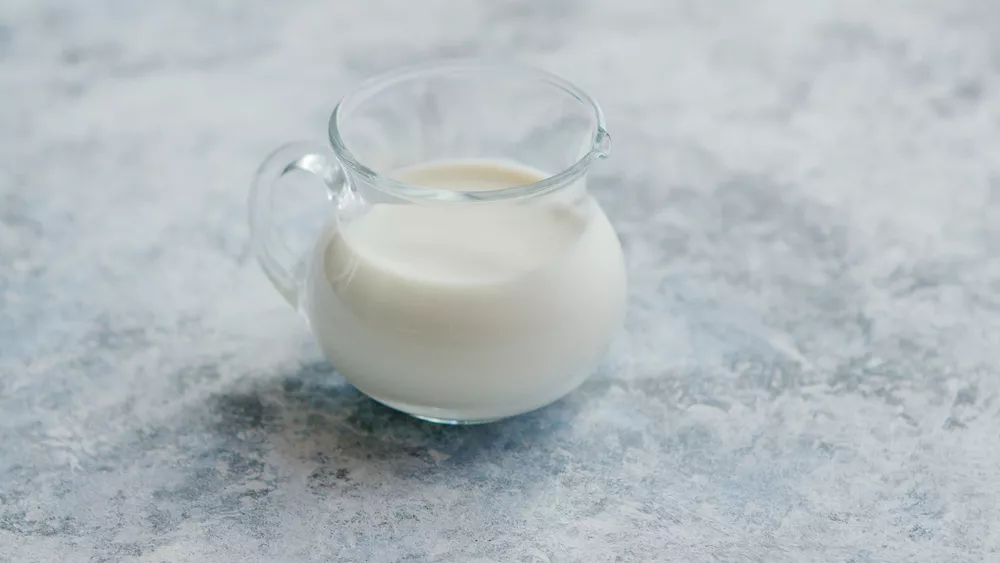
-
Various flavor variations
Often during body build-building and weight loss, you need to stick to a strict diet and avoid certain foods or sweets. Protein supplements can add some variety to your daily meal. Their composition can be enriched with various aromas giving them an attractive aftertaste that will deceive our body, giving the impression of consuming a sweet dessert. Protein supplements are available in interesting flavors such as: toffee, chocolate, coconut, vanilla or in various fruit versions.
-
Vegan option available
Suitable for those who prefer plant-based or lactose-free products. They are not as common as those based on milk (whey), but they are also effective.

-
Efficient large packaging.
-
A concentrated dose of proteins.
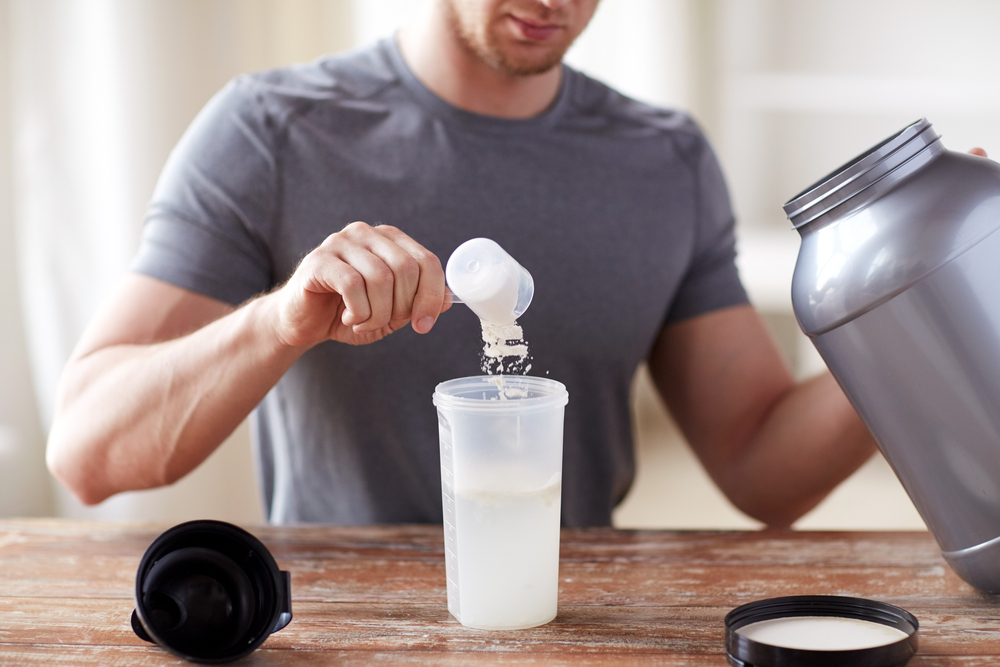
Are there any disadvantages and adverse effects of using protein supplements?
Remember that the ready-made protein shake should not replace a regular, classic meal. Yes, in a hurry, during the day it is a great solution and nothing big will happen. Do not forget about a well-balanced breakfast, lunch or dinner, which will be composed of other nutrients such as carbohydrates, fats, vegetables and fruits, and wholesome protein in solid form (e.g. meat). A properly balanced diet will provide a lot of valuable vitamins and minerals and fiber, which is important in the diet. It will protect the digestive system against numerous inconveniences such as flatulence or constipation.
Another issue is problems with the digestive system (indigestion or flatulence). Tired of digesting the metabolism for too long can lead to: general body fatigue, drowsiness and headache. It is important to plan your supplementation well during the day and do not drink a protein shake just before training as it may strain the abdomen. You should also remember about the increased demand for water. As your dietary protein increases, you also need to increase your fluid intake. This will facilitate digestion, cleanse the kidneys efficiently and prevent constipation.
Disadvantages of using protein supplements
By combining supplementation with regular and intense training, you will achieve the intended results. Excessive protein intake in the form of supplements can cause weight gain, rather than weight loss and building muscle mass. Therefore, it is very important not to forget about these aspects, which is activity and exercise. If you think that protein supplements are a wonderful remedy that will sculpt your figure in such a way, you will be disappointed. It takes a lot of effort, time and patience to build the right form.
Another side effect is kidney or liver problems. They result from the improper use of protein supplements, i.e. exceeding the daily norm of protein consumption (2g per 1 kg of body weight – in people with an active lifestyle). The metabolism is then heavily loaded and it simply cannot cope with the digestion of excess protein. It’s worth pointing out, that protein provided with other meals should also be included in the calculations.
Good advice! In order to eliminate side effects – read the manufacturer’s labels and recommendations. Because not reading the labels is a basic mistake of many people who follow the advertisement and do not accurately study the composition indicated on the packaging. It is best to choose a good quality product, from a proven company, without unnecessary additives: sweeteners, fats, preservatives, flavors or dyes that can be harmful. A hint of aroma that adds flavor, of course, will not hurt (the worst part is the hidden sugar or sweetener).
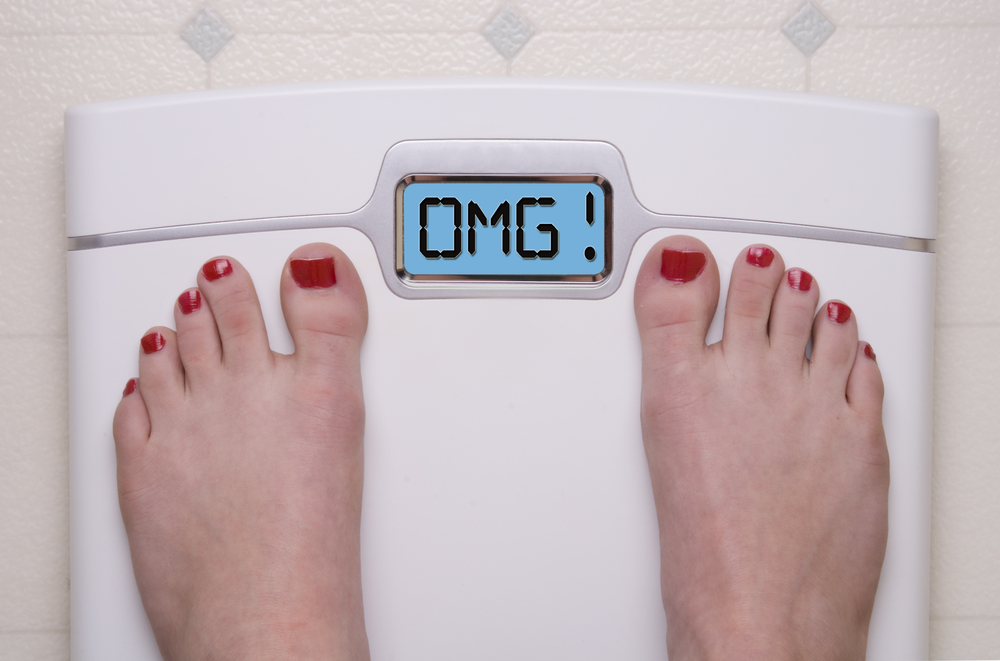
Does the protein diet support weight loss?
Yes, many weight loss diets rely on increased protein intake as protein products contribute to satiety. Thanks to that, we do not feel such a great need to snack between meals or in the evening. The feeling of hunger is greatly tamed, limiting the consumption of extra calories during the day translates into faster weight loss.
Is it worth using protein supplements and including them in your daily diet?
Definitely yes. The nutritional plan of active people must contain a dose of protein several times higher than in people leading a passive lifestyle. It is difficult to supplement the body’s increased protein requirements after intense training with the diet alone. It may even be successful for a while. In the long run, eating huge chunks of protein will be tedious and daunting. After all, we eat to enjoy. Another issue is the process of preparing a variety of meals, which is also very time-consuming. After a series of strenuous exercises, it is important to eat a rich meal in a portion of protein within 1-2 hours after training. This will regenerate the muscle tissue and protect it from the unwanted catabolic effect, accelerate the reconstruction of damaged muscle fibers, tendons and ligaments, and contribute to the effective construction of new tissues. That is why it is worth reaching for the easy to prepare protein cocktail that contains a concentrated dose of easily digestible proteins. Sensible supplementation poses only benefits, and the inclusion of protein products in your daily diet is a good choice.

